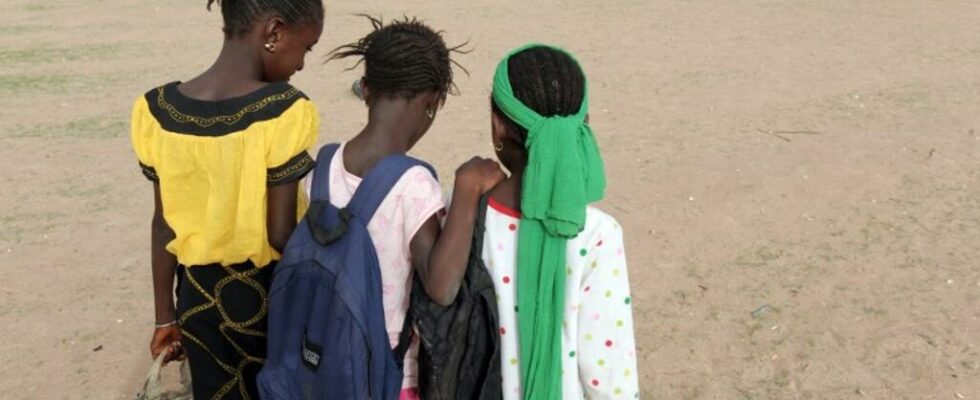In Senegal, more than 4 million students will return to school on October 7, 2024, after three months of vacation. A return to school which takes place in a difficult economic context of inflation, to the point that the trade-off between ensuring the food budget and school fees is not always obvious.
2 mins
With our correspondent in Dakar, Léa-Lisa Westerhoff
In front of the shelves filled with notebooks in her shop, Ibrahima Seck gives the prices to a student who first came to scout, at the Ouakam market, in the capital of Senegal. “ I came to see the prices so that he could lower them too, because the prices are expensive », she smiles.
“Expensive”: the word systematically comes up in the mouths of customers, as for this mother who raises her four children alone. She does laundry in the neighborhood and has just bought a pink backpack and notebooks for her daughter who is entering sixth grade. “ Now it is more difficult than before, because they are growing up and therefore the supplies are more expensive than in primary schoolshe emphasizes. And then the children want to dress like the others, buy bags, notebooks, clothes and sandals. And every year it gets more expensive “.
“ If you have a lot of children, you can’t buy everything at once »
With a further increase in the prices of imported foodstuffs since July, it is not easy to free up the budget for registrations and back-to-school supplies. Mrs. Seck came to buy books for her son in CM2. “ I can say it’s expensiveshe laments. We increased everything. I noticed this myself: a kilo of onions costs 1,000-1,500 CFA francs, that of tomatoes costs 1,000-1,200 CFA francs [1 000 francs CFA équivalent à 1,52 euro, NDLR]. It’s a bit expensive though. If you have a lot of children, you can’t buy everything at once “.
Schools reopen this Monday, October 7. But many parents will only register their children today, while they gather the necessary budget.
Also readThe IMF revises Senegal’s growth forecast downwards
